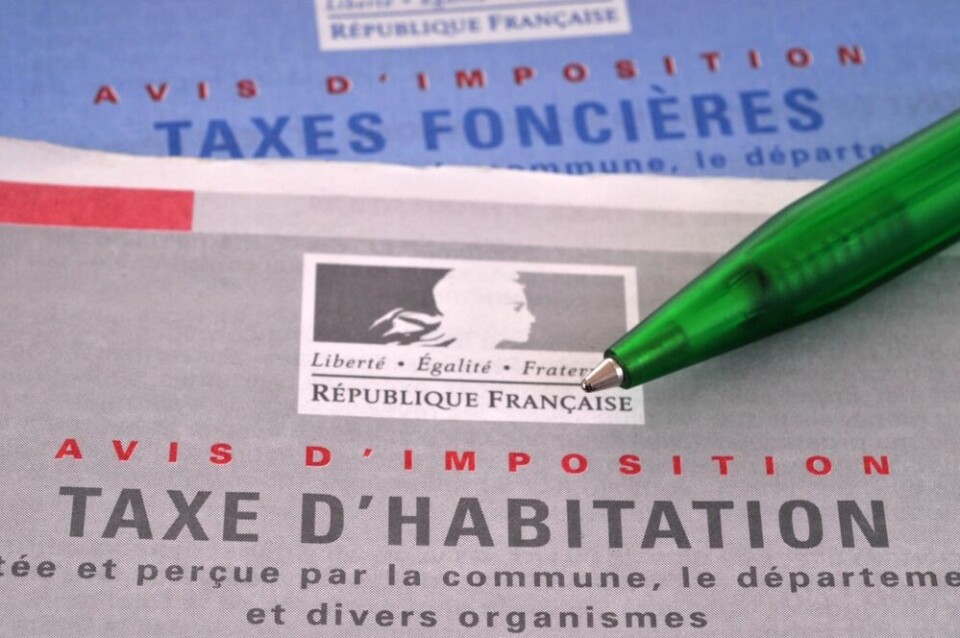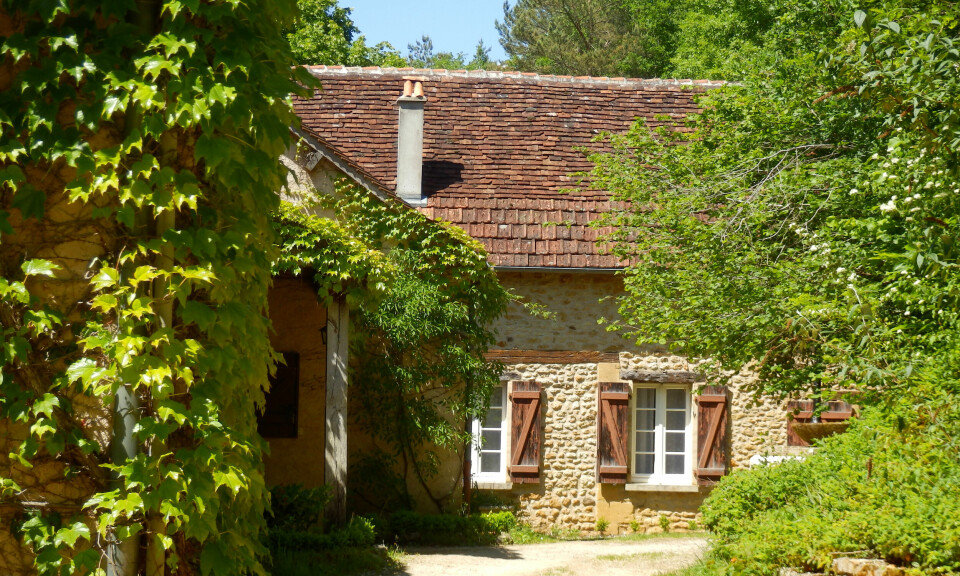-
Senator bids to ban new second homes in several areas - how would it work?
‘These areas are out of control’ says the deputy mayor of Paris in charge of housing who is supporting the idea
-
A million people in France received tax refunds after issues with new property declaration
The problem caused a €1.3 billion overpayment in property taxes with for the tax year 2023
-
Explainer: who pays France’s CFE business tax and what exemptions?
We look at the rules around this tax, which also applies to self-employed workers
Tax differences between main and second homes in France
Recent changes in law have eliminated several taxes for homeowners

The privilege of owning a second home comes with the burden of increased taxes, and in recent years, this has grown while decreasing for main homes in France.
The television licence that was previously attached to the taxe d’habitation was the first to disappear for all properties, in 2022. Next came the taxe d’habitation itself for main homes in 2023.
However, this lightened load has been followed by more onerous taxes for second homes, which can now be subject to an additional ‘empty home tax’ in some areas.
Read more: France's new property declaration form: 2024 rules and fines explained
Taxe foncière
On main home: Yes
On second-home: Yes
The taxe foncière is a local property tax that is payable, barring exemptions, if you owned French property on January 1 of a given year.
It is payable whether a property is furnished/used or not, and applies to all homes in France, regardless of if they are main or second homes.
There are several reductions or exemptions, linked to factors such as age, disability or income.
One of the exemptions, for main homes only, concerns older people who receive the French pension top-up benefit Aspa or who are recipients of the Allocation supplémentaire d’invalidité (Asi).
Read more: Taxe foncière explainer: Who pays and the exemptions
Taxe foncière also includes the bin tax or taxe sur les ordures ménagères for both main and second homes.
Read more: How much has the ‘rubbish bin’ tax for French homes risen this year?
Taxe d’habitation
On main home: No
On second-home: Yes
The taxe d’habitation is a local property tax levied on furnished second homes along with their associated dependent structures, such as garages and outhouses.
Note that by ‘second home’, the French tax authorities mean a property that is not your main residence.
If you own a second home that you let out to rent as someone else’s home, then it is considered the primary residence of the tenant/s and you will not pay taxe d’habitation for it.
Read more: Explainer: France’s taxe d’habitation property tax
Empty home tax
On main home: No
On second-home: Yes
The taxe sur les logements vacants is a local property tax levied on vacant second homes in areas deemed to be under high pressure for housing.
Whereas previously only communes with a population of more than 50,000 could charge this tax, since the 2023 Finance Law, all areas subject to housing pressure can apply it.
This tax can apply to a property that has been empty or unoccupied for more than a year on January 1 of a given year.
Read more: What is France’s empty homes tax and why more people will be paying it
Capital Gains Tax
On main home: No
On second-home: Yes
When you sell your main home, any gain on the original purchase price is tax-free in France.
However, if you sell a property which is not your principal private residence (maison principale) then capital gains tax can apply. If so, the notaire handling the sale will work this out and deduct it automatically from your sale money.
There are reductions - leading to exemption - depending on the number of years of ownership.
Read more: When are property sales in France free from capital gains tax?
Related articles:
‘Garden shed’ tax in France: what rises in 2024 and what exemptions?
How do I reduce French capital gains tax on a property sale?
























